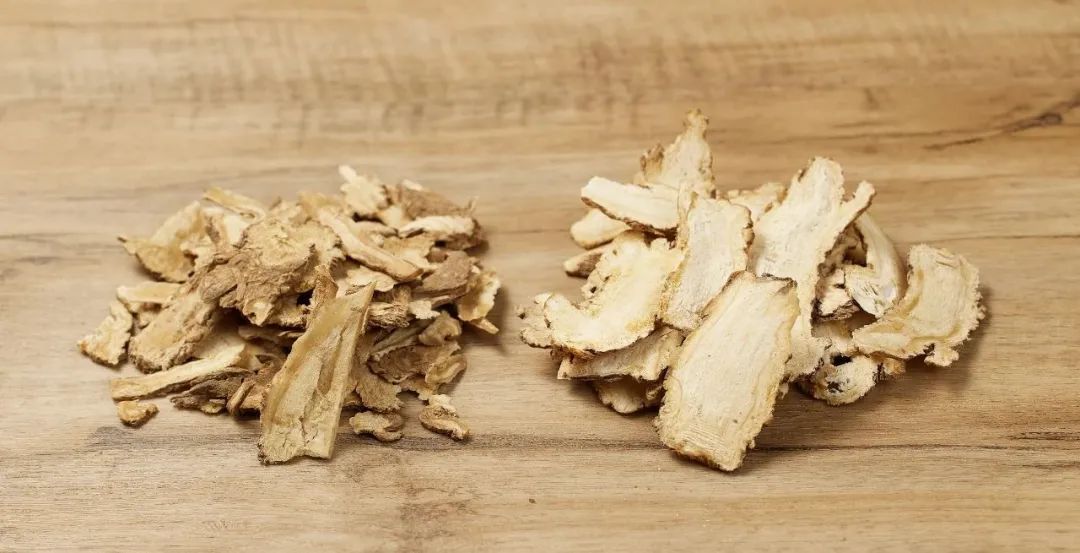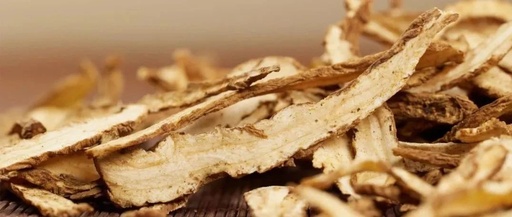If Huang Qi (Astragalus) is the premier herb for tonifying Qi, then Dang Gui (Angelica Sinensis) is the foremost herb for nourishing blood.
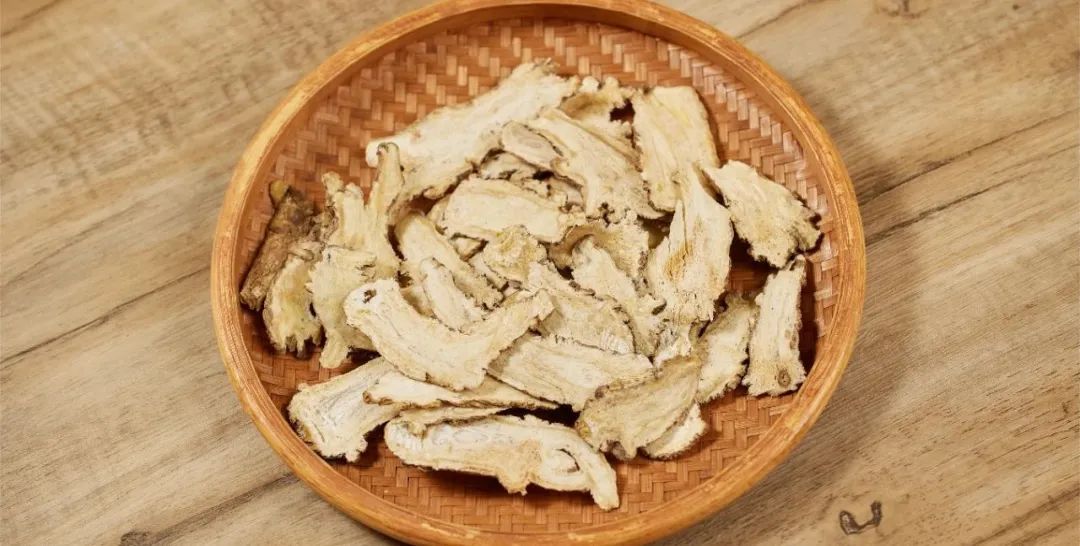
Dang Gui is a precious medicinal material, and due to its high price, the market is flooded with counterfeit and inferior products.
High-quality Dang Gui has a rich and unique fragrance, attributed to its abundant essential oil content. If dried at high temperatures, the essential oils may evaporate, and with the addition of sulfur fumigation, many people consume Dang Gui daily without experiencing its aroma and authentic effects.
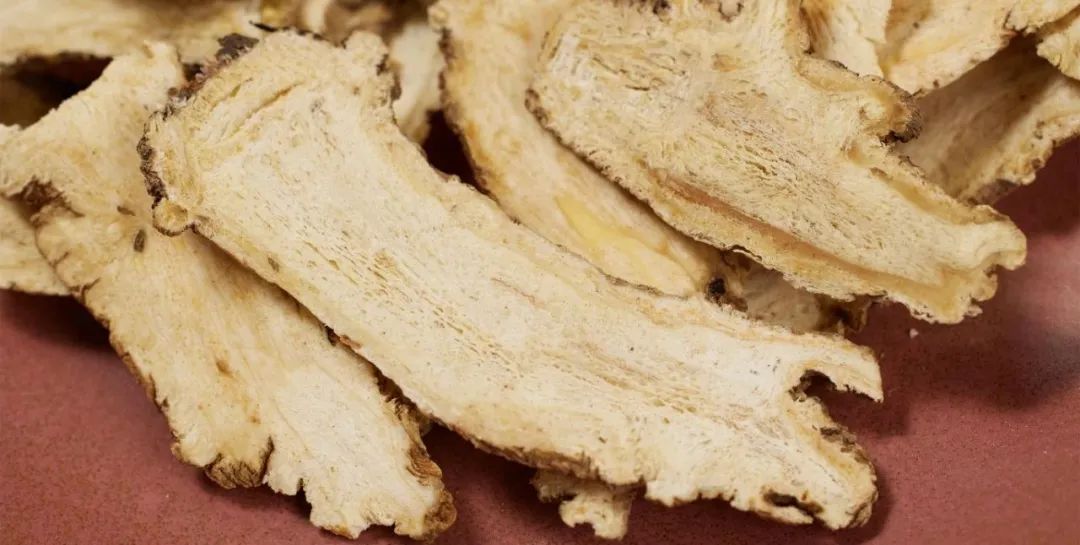
If you have ever consumed genuine high-quality Dang Gui, you will understand why it is referred to as the “Ginseng of Gynecology.”
Blood Herbs Cannot Be Without Dang Gui
Dang Gui is revered as the saint of blood tonics, with powerful effects in nourishing and invigorating blood. The saying “Blood herbs cannot be without Dang Gui” emphasizes that any treatment related to blood will invariably include Dang Gui. It can be used for any condition associated with blood.
Effects of Dang Gui
· Dang Gui can nourish liver blood, calm liver heat, invigorate blood circulation, and treat injuries, rheumatism, and arthritis.
· Dang Gui can nourish heart blood and alleviate dizziness and palpitations.
· Dang Gui can nourish the spleen and stomach, tonify Qi, and improve a sallow complexion.
· Dang Gui can relieve pain, such as headaches and menstrual cramps.
· Dang Gui can promote urination and is helpful for constipation.
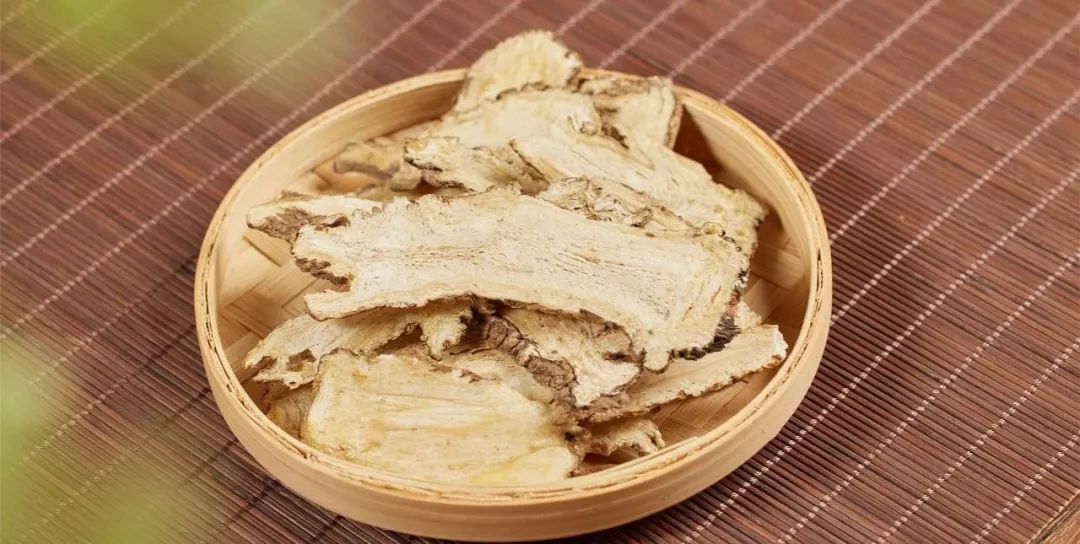
Situations Where Dang Gui Should Not Be Taken
Dang Gui should not be taken during episodes of nosebleeds, diarrhea, or when there is yin deficiency with heat.
Dang Gui Recipes
It is recommended for women to consume a dish of Dang Gui Stewed Egg during their menstrual period.
Post-Menstrual Nourishment for Women
Dang Gui Stewed Egg
—— A Family Recipe from Yun Bin
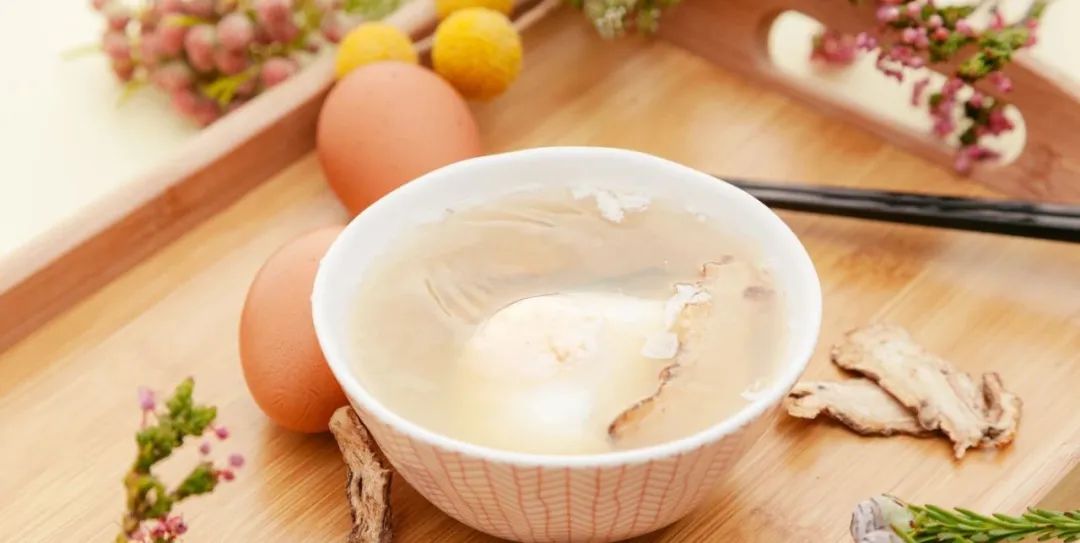
Method:
1. Slice Dang Gui into thin pieces and boil with water for a while, then crack in an egg to make a poached egg.
2. Add brown sugar and mix well before consuming.
In the book “Wisdom of Eating at Home,” I have shared this family recipe. Women can use it daily during their menstrual period to nourish their bodies, and after consuming it, the next menstrual period will be smoother.For those with Qi and blood deficiency, a traditional classic Dang Gui Blood Nourishing Soup can be consumed—combining Dang Gui with Huang Qi (Astragalus) for a dual effect of nourishing Qi and blood, significantly enhancing blood production.This recipe can be used as a tea substitute for those with both Qi and blood deficiency.
Qi and Blood Nourishing Drink
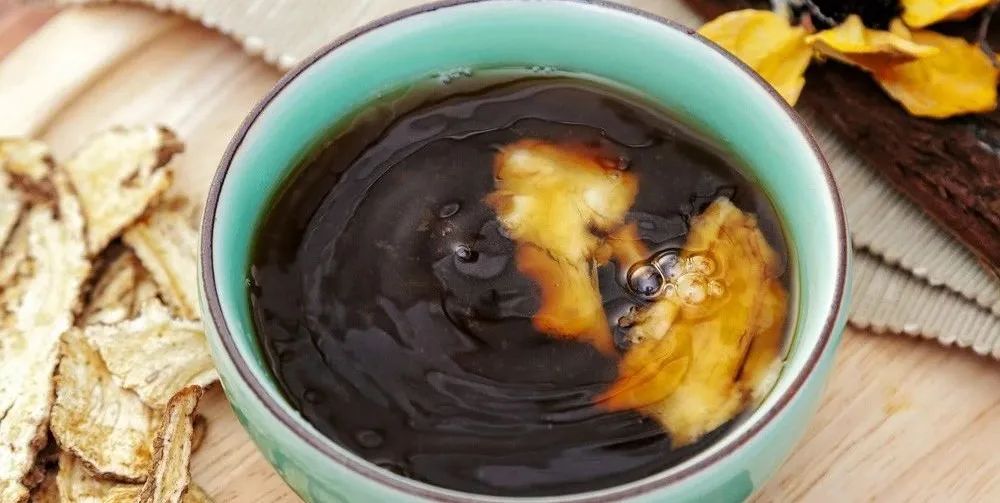
Ingredients:600g of raw Huang Qi, 120g of Dang Gui, 100g of brown sugar
Method:Place Dang Gui and Huang Qi in a pot, add an appropriate amount of cold water, and soak for 1 hour. Bring to a boil over high heat, then reduce to low heat and simmer for half an hour, strain the medicinal liquid. Add more water and repeat the boiling process two more times, simmering for half an hour each time, and combine the three batches of liquid in a pot to boil down until concentrated, then add brown sugar and simmer until thickened to a paste.
Store in the refrigerator. Each time, take about 1/20 of the mixture, place it in a portable cup, and add hot water to mix before drinking.
Effects:
1. Nourishes Qi and blood, clears empty heat, suitable for women with Qi and blood deficiency, especially menopausal women with anemia, can regulate blood deficiency, and alleviate skin dryness and thirst due to excessive blood loss after childbirth or surgery.
2. Enhances bone marrow hematopoietic function, invigorates blood production, and prevents uterine fibroids.
3. For women with melasma during pregnancy, consuming this after childbirth can help lighten the spots.
How to Distinguish Genuine Dang Gui
Due to its high price, Dang Gui is often counterfeited. Commonly, Du Huo (Angelica Pubescens) is used as a substitute. There are also some alternatives, such as Dong Dang Gui (Angelica Dahurica) and Wild Qin Gui (Wild Angelica), which, although also called Dang Gui, do not qualify as true Dang Gui.
· Du Huo: Cross-section appears gray.
· Dong Dang Gui: Has more lateral roots and insufficient oiliness.
· Wild Qin Gui: Has a longer shape.
· Authentic Min Gui:
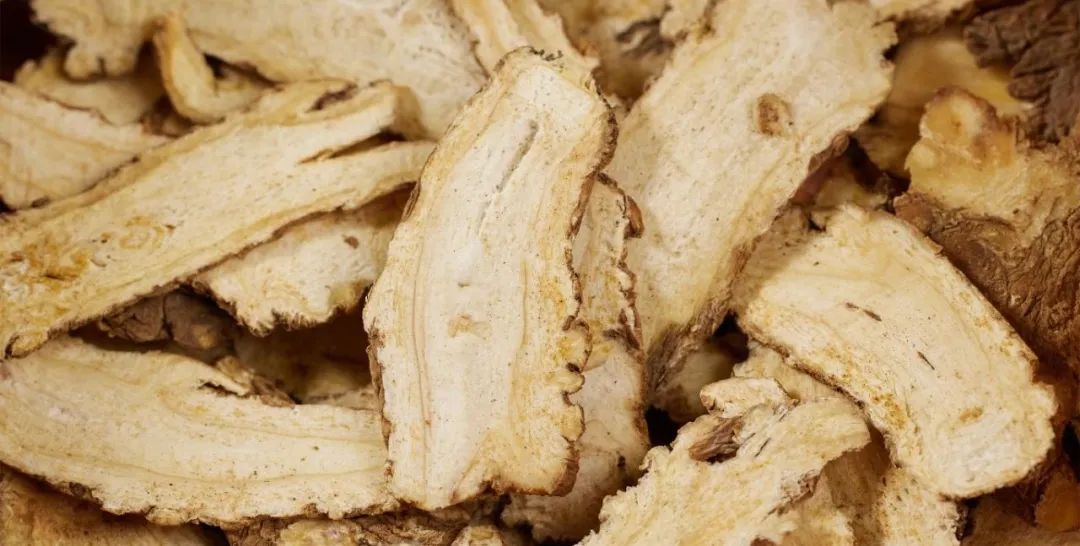
Traditionally, the Min Gui from Min County, Gansu, is considered a precious variety of Dang Gui, with a history of over a thousand years as a genuine medicinal material. The fame of Min Gui has led to difficulties in sourcing authentic Min Gui even locally, as there are often outside products mixed in.
Currently, counterfeiting methods have even affected the seedlings of Dang Gui, as it is first cultivated from seedlings before transplanting. In some local towns without seedling bases, farmers must purchase seedlings from towns that cultivate them, resulting in poor growth. In contrast, Dang Gui seedlings grown in places like Mazi Chuan thrive well. Therefore, even farmers who grow Dang Gui may sometimes be harmed by inferior seedlings.
How to identify:
1. Authentic Min Gui: Cross-section appears white, with a distinct oily ring, plump flesh, and a strong aroma. Large size, few lateral roots, and sufficient oiliness indicate premium quality.
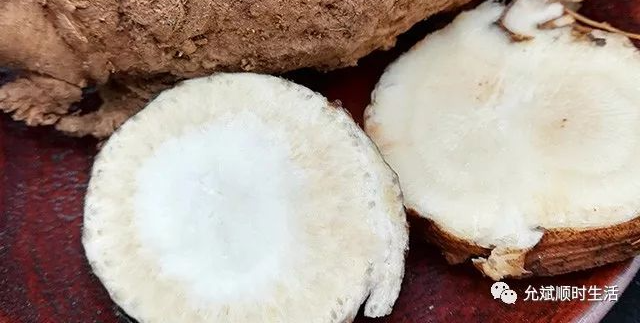
2. Check the grade: Dang Gui has a main root and lateral roots. Three pounds of Dang Gui, after removing the lateral roots, only leaves one pound, commonly referred to as Dang Gui head, which actually includes both the head and body of the main root, indicating premium quality. The larger the Dang Gui head, the more expensive it is.
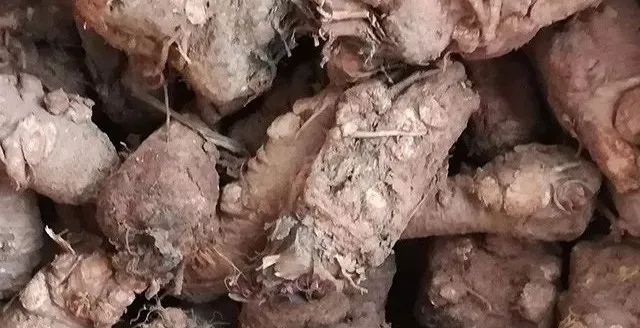
3. Sun-dried or oven-dried: Naturally sun-dried Dang Gui is preferable. If dried at high temperatures, the essential oil components may evaporate, and the appearance may change color. Often, sulfur fumigation is used to alter the color.4. Be cautious of deteriorated Dang Gui slices: Dang Gui is a precious raw material, and if not dried in time at the production site, some may mold and deteriorate. Vendors, reluctant to discard them, may use various methods to alter the color, creating counterfeit Dang Gui slices, commonly referred to as “oil slices” in the industry. These slices are cheap but toxic, and should never be mistakenly purchased or consumed.